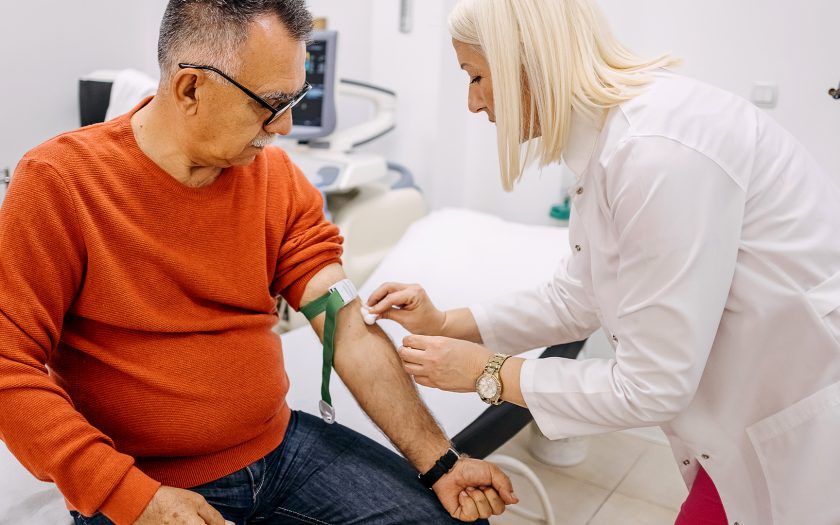Professional profile
A phlebologist is engaged in finding out the causes of the development of pathology, prescribing adequate treatment and methods of prevention. After an examination by a doctor of this specialization, you can get a conclusion about the condition of the veins. A specialist can help patients with the following problems:
- varicose veins;
- phlebitis;
- disorders due to the formation of blood clots;
- venous bleeding;
- trophic pathologies.
Varicose veins are the most common disease that forces you to consult a phlebologist. Every second person suffers from the varicose veins. The pathology has become so widespread due to the modern lifestyle, but it can also be inherited.
If there are problems with the veins, you should consult a phlebologist. This specialist will make the correct diagnosis and prescribe a treatment regimen based on the individual characteristics of the course of the disease. In addition, the doctor will tell about preventive measures.
Risk group or when to see a doctor
Make an appointment as soon as the first signs of vein disease begin to appear. And clinical manifestations can be as follows:
- swelling of the legs;
- visual changes in veins;
- constant heaviness and fatigue in the legs;
- pain in the legs.
If you have such symptoms, you should immediately go to a specialist for consultation. It is most likely that these clinical manifestations indicate the initial stage of varicose veins. The disease can appear due to an inactive lifestyle, excessive physical exertion, pregnancy, excess weight, age changes.
You should consult a doctor as soon as possible if you have:
- constant convulsions;
- a sudden feeling of warmth in the legs;
- soreness of the skin of the legs.
These clinical manifestations indicate the active development of vein pathology, which requires immediate treatment (such as Daflon, Thrombophob Gel or Xarelto).
You should contact a specialist as soon as possible if there is a possibility that you are in a risk group, for example pregnant women, or you have the first signs of a disease that is already actively developing in the body and requires immediate treatment. It is not recommended to engage in self-medication, because only a specialist can make the only correct appointment after a complete examination and determination of the causes of the disease.
Diagnosis and treatment
When contacting a doctor, he will first of all look for the cause that provoked the development of vein disease. To make an accurate diagnosis, it is necessary to undergo an examination, which includes:
- dopplerography;
- angioscanning;
- phlebography;
- palpation;
- laboratory blood tests.
After receiving all the results of the examination, the doctor will be able to make a diagnosis. After that, based on the results of the diagnosis and the general condition of the patient, treatment is prescribed. Treatment can be conservative or operative.

